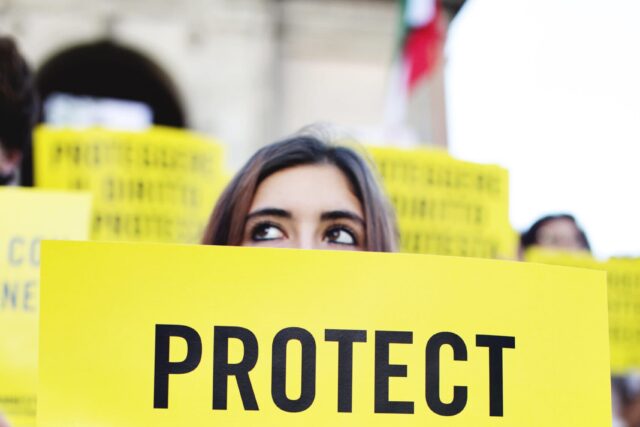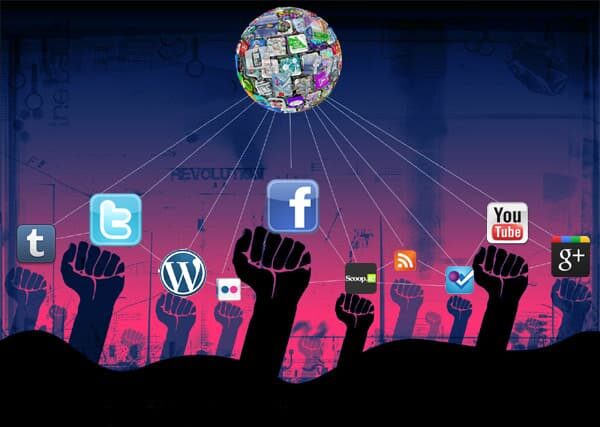The right to protest is a fundamental part of a democratic system, just as important as freedom of speech or the right to participate in elections. Rallies, pickets, and demonstrations allow citizens not only to express their opinions but also to influence political processes by shaping public opinion and drawing attention to pressing issues. In the Czech Republic, as in many European countries, the right to peaceful assembly is enshrined in the Constitution, highlighting its exceptional importance for the development of a free society.
Historically, mass protests have often been catalysts for change. The Velvet Revolution of 1989, which saw Czechoslovakia transition from a totalitarian regime to democracy, began with peaceful demonstrations. This is a vivid example of how collective citizen action can transform political realities, strengthen rights and freedoms, and lay the foundation for the sustainable development of society.
Forms of Protest: From Rallies to Pickets
Modern forms of protest expression are diverse. The most common remain mass rallies, marches, and pickets organized to draw attention to important issues — from education reforms to the protection of minority rights. Some protests take the form of sit-ins, flash mobs, or performances where creative ways of conveying ideas become powerful communication tools.
The essential element of any protest action is its peaceful nature. In the Czech Republic, the requirements for organizing rallies are clearly regulated: authorities must be notified in advance, public order must be respected, and the rights of other citizens must be observed. These rules aim to balance the freedom of expression with the need to maintain public order.
How Protests Influence Politics and Public Opinion
The impact of protests on society can be multifaceted. On the one hand, mass demonstrations often serve as a signal to politicians about the need to revise decisions or implement reforms. On the other hand, they stimulate public debates, shape new agendas, and change the perception of issues at the broader societal level.
For example, in recent years in the Czech Republic, rallies against corruption have significantly strengthened citizen oversight of political actions. Protests around climate change issues have inspired young people to become more actively involved in public life, making environmental concerns part of national strategies.
However, the influence of protests is not always immediately reflected in legislative changes. Sometimes the result is a gradual evolution of societal values, a change in standards of political behavior, or an increase in civic engagement over the long term.
Challenges and Limitations of the Right to Protest
Despite constitutional guarantees, in practice, the right to protest faces several challenges. Authorities may cite security or public order concerns to restrict demonstrations, which sometimes provokes criticism from human rights organizations. The issue becomes particularly acute during periods of political instability or emergencies.
Technological development has also affected the dynamics of protest movements. On the one hand, social networks allow for the rapid mobilization of participants and dissemination of information about problems. On the other hand, misinformation has intensified in the virtual space, and it is not always easy to distinguish genuine civic initiatives from manipulative campaigns.
In the Czech Republic, legislation strives to account for these new challenges by establishing reasonable frameworks for holding public events while preserving citizens’ ability to assert their rights openly and peacefully.
Why Protecting the Right to Protest Remains a Crucial Task
Maintaining and protecting the right to protest is vital for the health of the entire democratic system. Open public debates, the ability to express dissent, and drawing attention to pressing issues all strengthen citizens’ trust in institutions and reduce the likelihood of radicalization of discontent.
Each generation contributes to the development of a culture of peaceful protest. It is important for citizens, especially the youth, to understand the value of this right and be ready to use it responsibly. Educational initiatives, open dialogues between authorities and society, and support for active civic engagement help keep democratic principles alive and effective.
Conclusion: Protests as a Reflection of Societal Maturity
The right to protest is not a threat to stability but a sign of the maturity of a democratic society. It enables the voices of those who might otherwise be overlooked to be heard and ensures the dynamic development of society through open discussion and the reevaluation of social values. For the Czech Republic, which has traveled the path from dictatorship to democracy, protecting this right remains one of the most important symbols of freedom and civic dignity.




MOST COMMENTED
Largest protests
How Leaderless Protests Work: Horizontal Movements and Collective Decision-Making
Forms of protests
The Right to Protest: How Rallies and Pickets Influence a Democratic Society
Forms of protests
Digitalization of Protest: How Social Media and Technology Are Changing Street Demonstrations
Largest protests
Digital Technology Revolution – Reshaping Modern Activism
Forms of protests
Advanced Acoustic Protection for Confidential Discussions
Forms of protests
Psychology of Protest: What Motivates People at Rallies?
Largest protests
Rallies Against Air Travel: A Rising Movement in the Climate Crisis Era